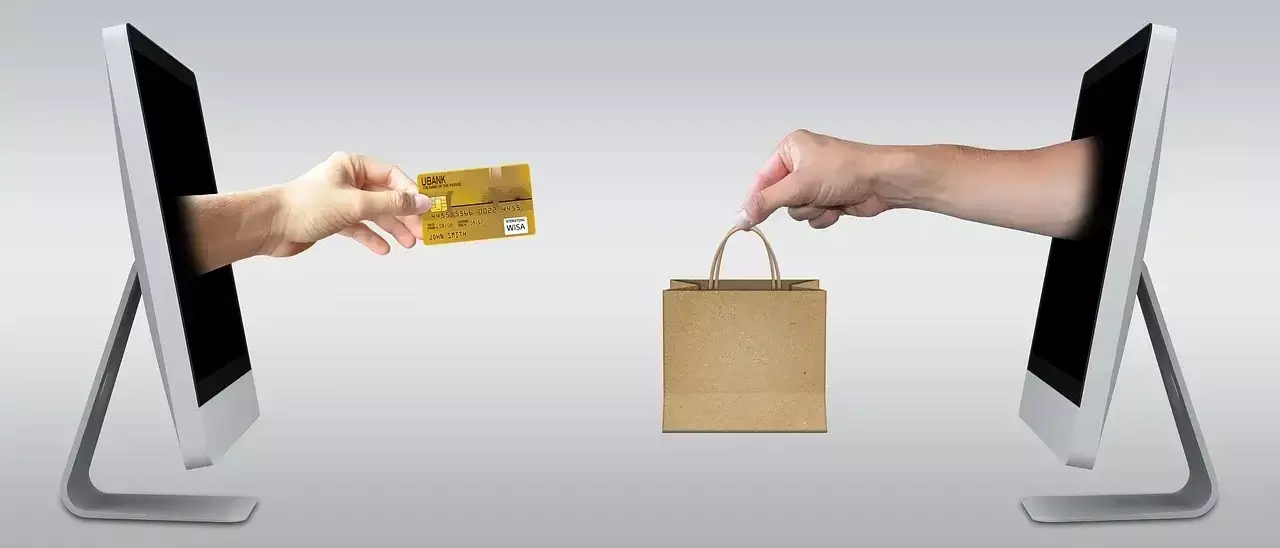Comments
- No comments found

Online retail may have taken the world by storm, but it is by no means a static and predictable force.
Ecommerce is constantly developing, shifting, and evolving, with new tech trends driving this juggernaut in multiple directions. Innovations in technology shape how the online retail market operates, which influences how we shop and how we view the future of shopping.
Tech is a powerful force. Check out how these new developments are driving online retail and shaping our purchasing habits on the internet.
Just as modern tech is rewriting the future of work, it is defining how we spend our money. Experts once thought that the birth of online shopping was enough to revolutionize how we consume. But it turns out this was just the beginning. Innovations and inventions create new worlds for consumers, and new opportunities (and pitfalls) for online retailers. Here are the trends to watch for.
One of the most important tech trends in retail is the development of privacy features that allow users to easily opt out of tracking across apps and sites. Users can choose whether their data will be shared across the places they visit on the internet. And in order to be comfortable opting into tracking, which ultimately helps retailers create buyer personas and develop personalized shopping experiences, users must trust the site. If companies are not transparent, and they don’t use the data for added value that transfers to the client, users will go elsewhere. Creating a reliable and trustworthy brand becomes even more important than it presently is.
Rewards programs in online retail will increasingly offer cryptocurrency instead of points. An uptick in consumers willing to receive cryptocurrency is driving this trend, as is the increasing availability and transparency of digital currencies. Younger users, in particular, are looking for ways to shop using cryptocurrency. Make a website that gives users the facility to buy or trade reward points in digital currency and you are on to a potential winner.
As competition rises and the number of sites increases, consumers tire of traveling between stores online just as they did on the high street. So, as the mall was developed, so too will the online marketplace. Intuitive technology that groups stores and products together makes it simple for buyers to browse and compare products across sites in one place.
An increasing availability of channels means influencers are expanding, and it becomes more difficult to reach that elusive target market. Social media consumption fragments, too, and influencers struggle to reach a defined audience. Many sites are looking to form close relationships with micro influencers, rather than more generalized social media stars.

Robotics will allow retailers to deliver products anywhere – not just to a residence or office. Users will be able to take a photo of their location, which will link into the robotic fulfilment system to deliver the item to their hands. This technology has potential in food delivery as well as niche purchase areas like clothing – imagine breaking a heel at a wedding and being able to order a new pair of shoes direct to the venue.
AI helps retailers more accurately predict demand, which is a key driver of inventory management. And with inventory management comes increased customer satisfaction. Predicting which lines will skyrocket puts retailers at an advantage, and matters more than simple product availability. AI provides the means to achieve this lofty goal.
It is not enough to have an attractive functional store. It helps to offer a unique experience to consumers, from personalized shopping services to innovative mail order delivery. Tech helps bring the online store into the future, with an emphasis on tailored offerings for valued clients.
One trend that is exploding in the opposite direction is cybercrime. If retailers are to make their customers trust them enough to provide them with their payment details, they will need to install new levels of security. AI software will take over from human security teams to automate purchasing safety. New techniques for signing in and dealing with payments will try to beat the cyber criminals at their own game.
The food giants are increasingly embracing the potential of AI, logistics, and online tech to make their food delivery the go-to system. Tech will help to streamline the process of booking delivery slots and receiving fresh food to homes in a timely manner.
All these trends are changing the way consumers use the internet to buy basics and luxury items. There will be more mobile apps for shoppers, and more competition among retailers to attract target audiences to their products. Using technology will help the strongest retailers thrive in this new environment.
Leave your comments
Post comment as a guest